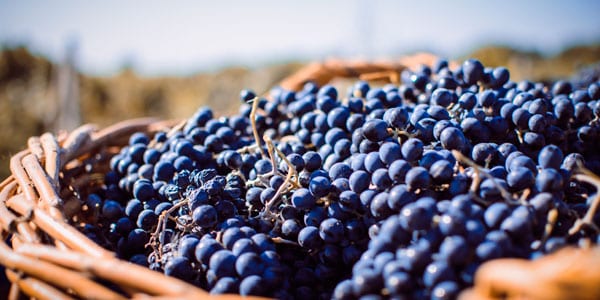
The World Tourism Organization (UNWTO) called for wine tourism to be integrated into national policies. Tourism and rural development policies at the 3rd UNWTO World Conference on Wine Tourism that took place in Moldova.
Experts from 30 countries participated during the two days of deliberations. The UNWTO priority of enhancing the socio-economic benefits of tourism was addressed. Focusing attention on specific segments such as wine tourism.
In the third edition of this UNWTO conference. Held in association with the Moldovan Government. It was concluded that, for wine tourism to serve as a tool for rural development. Local communities must participate in and benefit from the entire tourism value chain.
An inclusive and sustainable wine tourism
Likewise, it was urged to apply governance models that could help the managers of the. destination offer wine tourism products and services as part of a comprehensive approach to rural and cultural tourism.
It should be noted that all the participants expressed the conviction that, with the strengthening of alliances, capacity development. empirical research and support for small businesses and entrepreneurs. Wine tourism can be transformed into a segment that creates jobs. Drive innovation and foster new collaboration models.
“The complexity of the development of wine tourism and the diversity of the stakeholders concerned require innovative models of collaboration; we need to tear down walls and promote new groups, ”said UNWTO Secretary-General Zurab Pololikashvili.
The conference, which was opened by the Prime Minister of the Republic of Moldova, Pavel Filip. Further research was encouraged to assess trends in wine tourism. Understand them and understand the consumers of this segment. As well as comparing destinations internationally according to the same criteria.
It also concluded that the creation of job opportunities through wine tourism depends on the development of qualified human resources in new technologies and sustainability. In addition to social skills that facilitate teamwork and transmit the history of wine.
Eight key areas of action were established at the conference:
-Strategy and governance of wine tourism.
-Alliances.
-Community involvement.
-Support for small businesses and entrepreneurs.
-Oenological tourism for the sake of rural development.
-Research of trends and consumers.
-Development of skills.
-Alignment of tourism with the Sustainable Development Goals.
These areas of action will be further addressed at the UNWTO 4th World Conference on Oenological Tourism to be held in 2019, in Chile. Portugal will host the 2020 edition.






